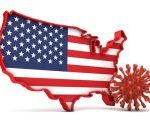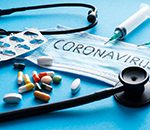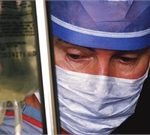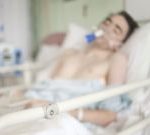
Dr. Anthony Fauci, America’s top infectious disease expert, warned Congress on Tuesday of “disturbing spikes” in coronavirus cases, as seven states reported record-high numbers of hospitalizations and 33 states and U.S. territories saw sharp jumps in new infections. “The next couple of weeks are going to be critical in our ability to address those surges that we are seeing in Florida, in Texas, in Arizona and other states,” Fauci told members of the House Energy and Commerce Committee, The New York Times reported. He noted that the country is still in the grip of the pandemic’s first wave, the Washington Post reported. “That’s something I’m really quite concerned about,” Fauci testified. “A couple of days ago, there were 30,000 new infections. That’s very disturbing to me.” On Tuesday, the United States recorded 34,700 new cases, the highest total since April 25, according to the Associated Press. New coronavirus cases have surged to their highest level in two months and are now back to where they were at the peak of the outbreak, the wire service said. During their testimony before Congress on Tuesday, Fauci and Dr. Robert Redfield, director of the U.S. Centers for Disease Control and Prevention, also warned of a perfect storm that could be unleashed this winter, when the flu season will intersect with the coronavirus pandemic, producing what Fauci described as… read on >
















